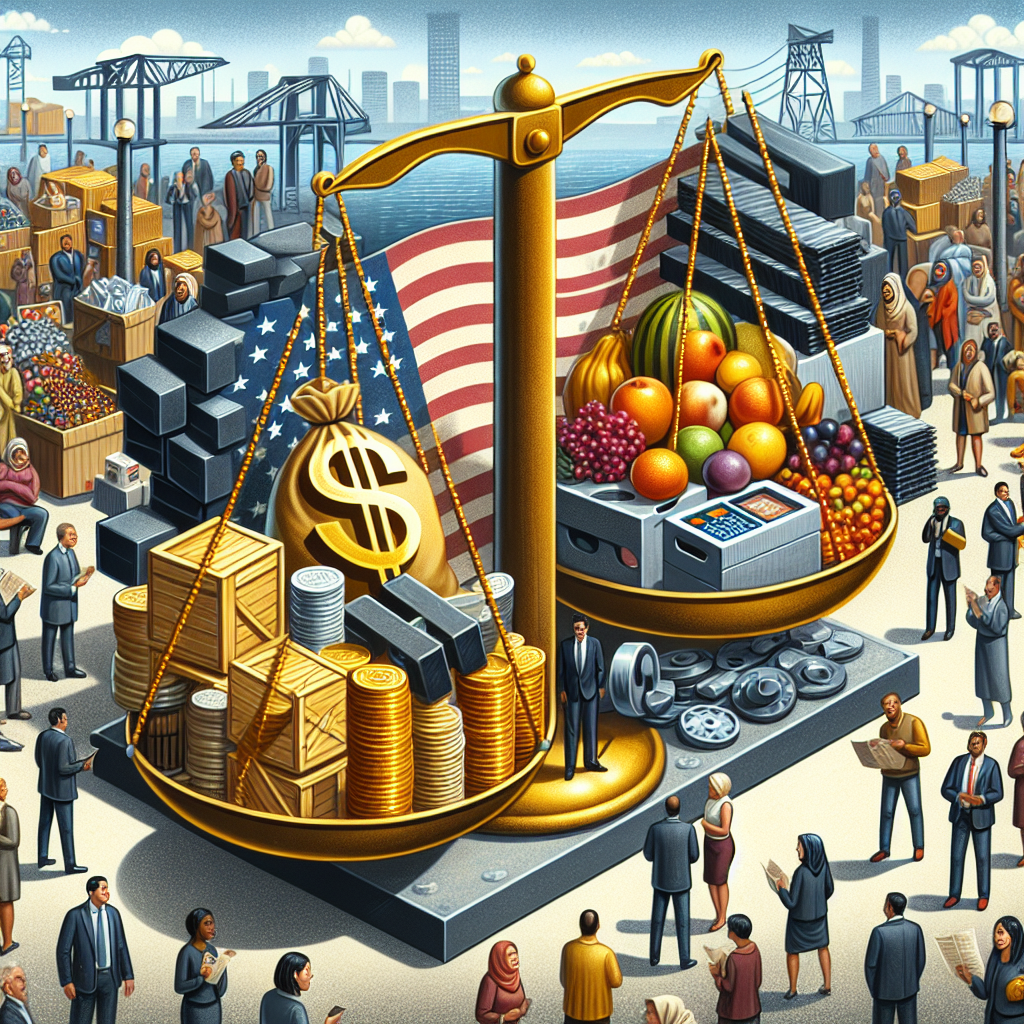Trump's Tariffs: Economic Gamble or Political Risk?
President Trump's introduction of reciprocal tariffs, dubbed 'Liberation Day,' risks harming the U.S. economy and faces political challenges, with critics fearing increased consumer prices and potential recession. Trump's bold economic strategy could impact Republican outcomes in upcoming elections amid mixed public and political reactions.

President Donald Trump has introduced a series of reciprocal tariffs, termed 'Liberation Day,' aiming to revitalize U.S. manufacturing and alter supply chains. However, experts warn that achieving these goals may take years, risking immediate price hikes and potential political backlash.
Trump's tariffs could lead to increased consumer costs and economic downturn, as trading partners impose their own levies on American products. Concerns over the economic impact have sparked division among voters, with a Reuters/Ipsos poll indicating a majority anticipate adverse effects, while economists caution against speculative economic impact assessments.
Although the policy is positioned as a fiscal boon, enhancing U.S. coffers, there is a notable electoral risk involved. Tariff-driven voter dissatisfaction might jeopardize Republican control in Congress, highlighting tensions between economic ambitions and political realities. The administration remains steadfast, dismissing fears of political fallout while defending the strategy as a commitment to American prosperity.
(With inputs from agencies.)
- READ MORE ON:
- Trump
- tariffs
- economy
- politics
- Republicans
- voters
- manufacturing
- prices
- election
- trade
ALSO READ
Fire at spices manufacturing factory in Madhya Pradesh's Mandsaur district, no casualty: Official.
China's Non-Manufacturing Sector Sees March Boost
Elon Musk Ups the Stakes: Million-Dollar Checks for Wisconsin Voters
China's Manufacturing Rebound Signals Economic Stability
Mixed Gains as China Stocks Navigate Manufacturing Optimism and Tariff Concerns










